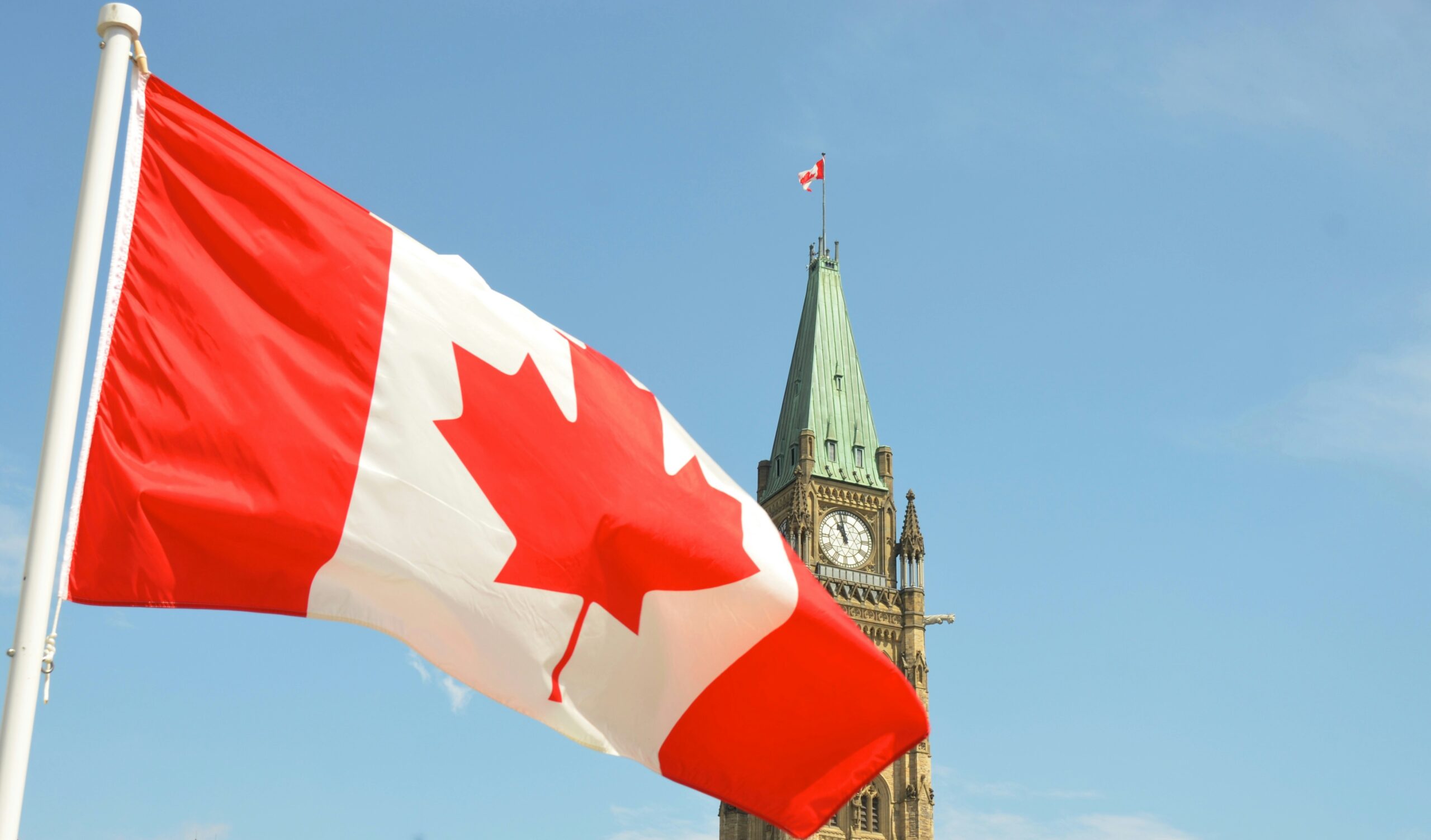Canadians are required to pay income tax on income earned. This includes salary, interest income, dividend income and capital gains.
If funds are invested in a Registered Retirement Savings Plan (RRSP) or a Registered Retirement Income Fund, investment income earned within the plan is not taxed. However, all funds withdrawn from either plan are added to your income and taxed at that time.
Regardless of how much tax you currently pay, income earned within your Tax-Free Savings Account (TFSA) is not taxed. It is also not taxed when you withdraw funds from the TFSA.
The program started in 2009 and you must be 18 or older to contribute. The cumulative contribution limit is $81,500.
That includes the 2022 annual contribution limit, which is $6,000.
The program is extremely flexible. In any year you can catch up on all previous contribution limits that have not been used. Unlike RRSPs, people over age 71 are allowed to contribute.
You can withdraw any amount at any time. In the year following your withdrawal, you can recontribute that amount in addition to the contribution room allowed to all Canadians during that calendar year.
It is your responsibility to ensure you do not over contribute. There is a one per cent penalty for an over contribution amount calculated on a monthly basis.
You might find it easier to manage your TFSA contribution limits if you have them invested with one financial institution.
Peter Watson is registered with Aligned Capital Partners Inc. (ACPI) to provide investment advice. Investment products are provided by ACPI. ACPI is a member of the Investment Industry Regulatory Organization of Canada. The opinions expressed are those of the author and not necessarily those of ACPI. Watson provides wealth management services through Watson Investments. He can be reached at www.watsoninvestments.com.




